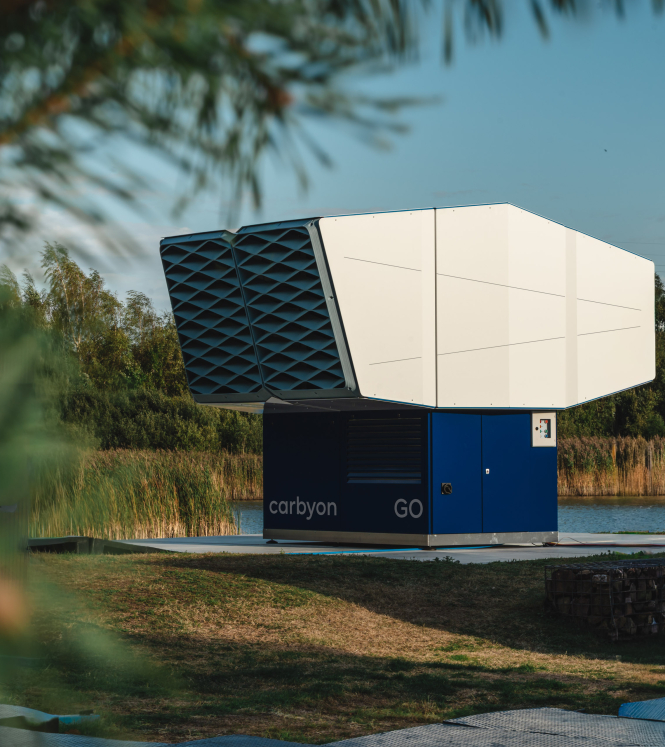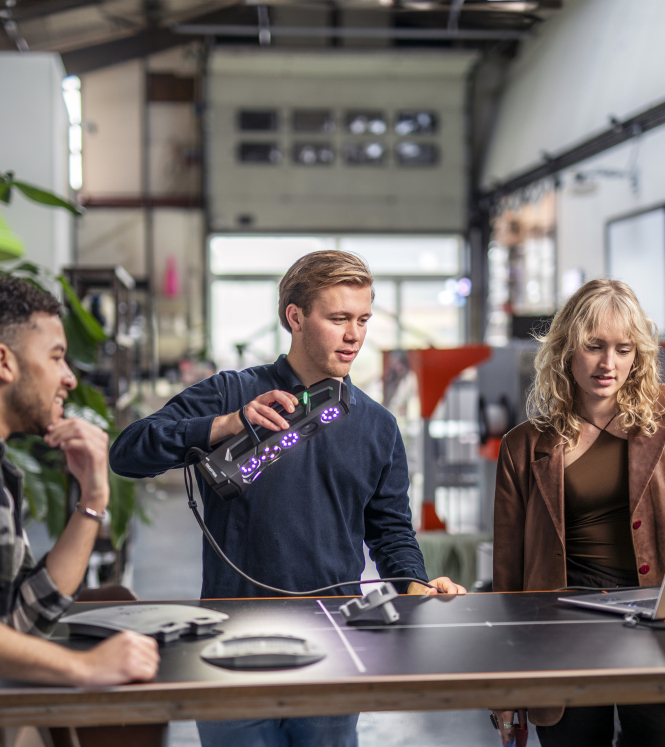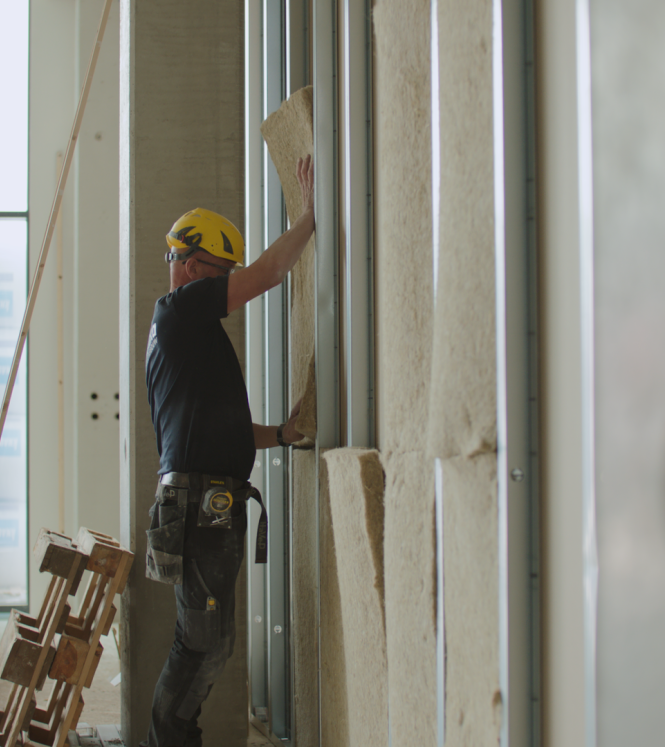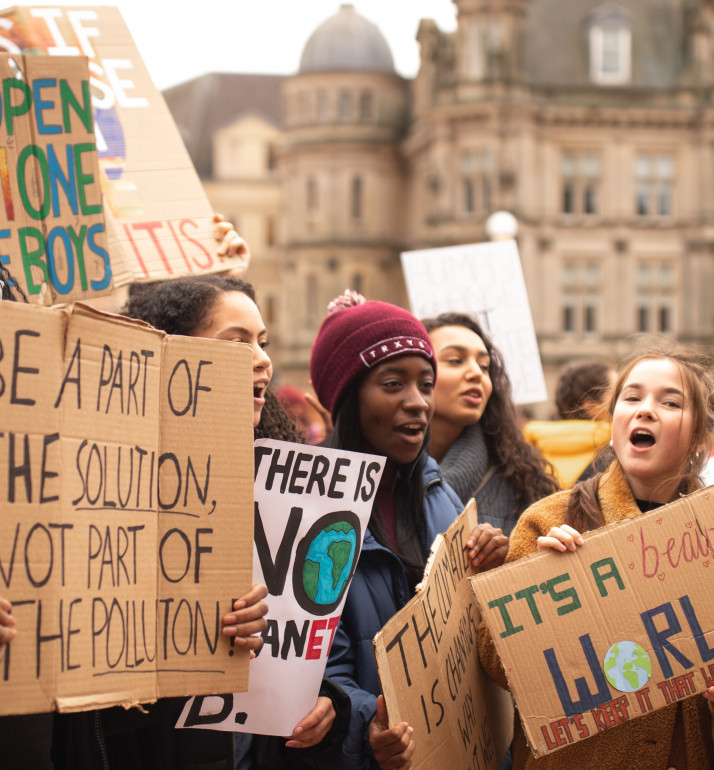
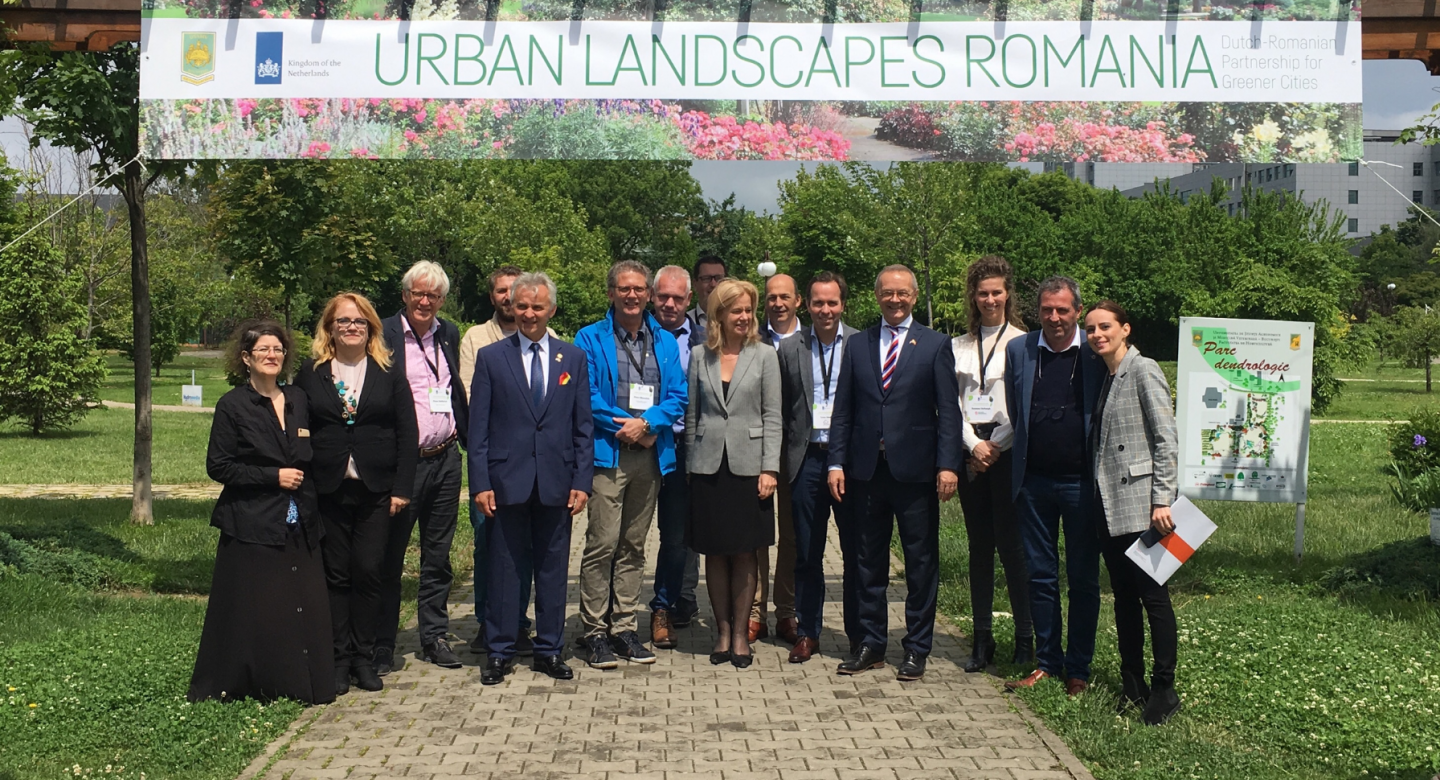
Moving towards functional green in Romania
Did you know there are right and wrong ways to plant trees, shrubs and flowers to ensure longevity and functionality? Greening a city isn’t just about making it look green and beautiful. It is so much more than that. Ensuring the suitable plant species are used in the right places and for the right means is fundamental to future-proof green solutions.
Leon Smet, coordinator of the PIB (Partners for International Business) Urban Landscapes Romania, and Secretary at Anthos (Royal Trade Association for Flower Bulbs and Nursey Stock) told us of the importance of integrating the entire horticulture value chain when implementing green city solutions. From design to maintenance, every step has a specific purpose and must be interconnected.
Romania: a country with green high on the agenda
With EU budget to make cities greener, Romania has high ambitions to take green to the next level. To create more space for people and nature to come together, local mayors are focussing on modernising and greening parks, public buildings and hospitals across the country.
The Urban Landscapes Romania project, consisting of nine Dutch companies, focusses on adopting an integrated approach to greening Romanian cities. Starting in Bucharest, this cluster made its way through some of Romania’s biggest cities, exchanging knowledge and connecting with local parties to ensure greener and smarter city solutions.
The project members specialise in tailor-made solutions that cover all stages of the planting process. From design to aftercare and maintenance, the project focusses on purpose-driven processes that contribute to the many benefits of greening cities. For example, to enhance biodiversity, increase well-being, mitigate climate change and build communities.
Design at the heart of horticulture preservation
One of biggest projects from this PIB to date is the Gardens of the Senate. It is located on the south side of the Palace of Parliament of Romania in Bucharest, one of the largest administrative buildings in the world. The gardens, named Uranus Memorial after the old neighbourhood, were designed by local experts in cooperation with Dutch landscape architects input and implemented with support from the cluster members of Urban Landscapes Romania.
Its historical value was central to its design and takes the local community to its heart. More than 1,000 trees, 7,500 shrubs, half a million bulbs and about 30,000 square meters of perennials, roses and lawns all contribute to the goal of this project: to green the city. Along with a lighting system and specially designed furniture, a visual representation of the footprints of the demolished buildings help reconnect residents with the city’s past. A tulip variety named Uranus was especially created to embody this purpose. The flower is currently multiplied in nurseries in the Netherlands to be planted as bulbs in 2023 as well as for cut flowers.
A variety of plants, shrubs and flowers attract more local pollinating insects, which then act as food for birds and other animals. This all encourages a better balance in nature and helps restore biodiversity. Other benefits of the various plants include better air purification and help cool down the temperature of built-up areas.
Community building
Besides the gardens, Urban Landscape Romania also works on other projects, such as greening the access space at the Ion Mincu University of Architecture and Urban Planning situated on a main street in Bucharest. They developed innovative concepts such as a green wall, which was implemented together with students and professors. It combines theory with practice that enhances their curriculum.
Furthermore, community-focused partnerships are carried around in areas surrounding public buildings such as hospitals. Among them is healing garden concepts, which can help aid patient recovery. Such concepts, were also promoted within specialised hospitals in Bucharest.
Studies have shown that hospital patients with views of trees needed less (-30%) strong painkillers than those without a green view. At the same time, in-bed recovery time was almost 10% less in patients with a green view versus patients without. This reaffirms the mission to unite communities for a healthier and more sustainable city.
Passing on the baton
Over the past three years, Urban Landscapes Romania has learned so much from the local community. This cluster of nine companies, supported by an active local liaison and in cooperation with local parties, have carried out six demo projects. These are considered highly valuable to the smart city approach the project stands firmly behind. Additionally, over 30 events have taken place to promote high-quality planting material and innovative concepts. Knowledge sharing is key to build a solid foundation for long-term cooperation.
After a successful three years, the project will be extended for a final six months. After that the Dutch sector and local parties will continue their partnership for greening the cities in Romania on a project-to-project basis.
Effective actions have been possible in Romania due to the slow-paced nature of green solutions. Greening a city cannot be rushed, and although we must all take a leaf from Romania’s book, and ensure that purpose lay at the core of greener city projects. Decorative greening will always be nice, but functional greening should always be a priority.

